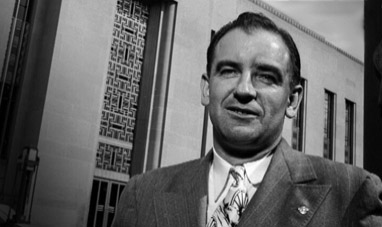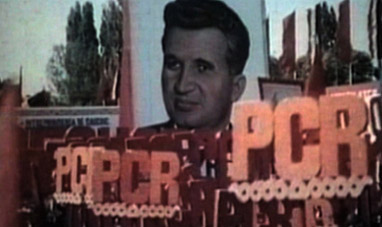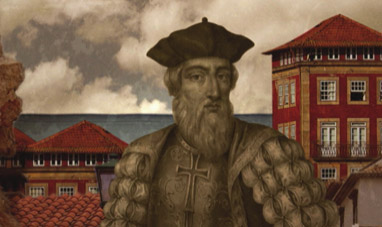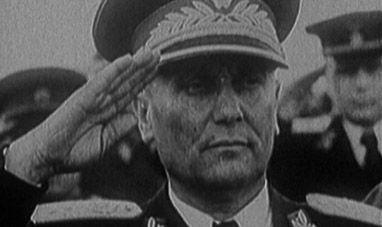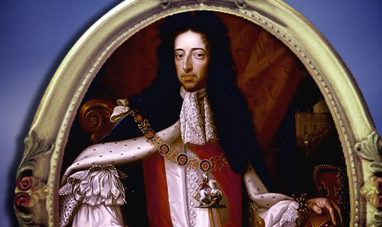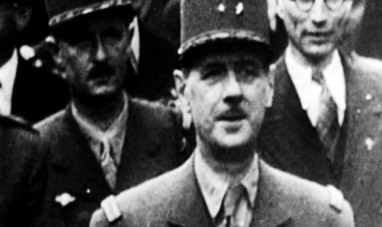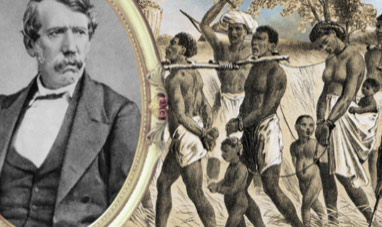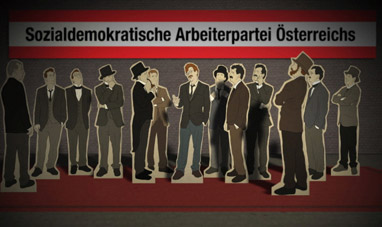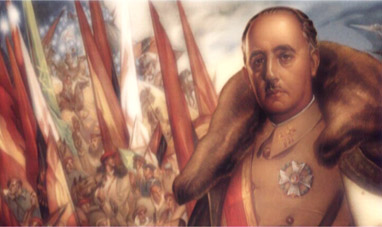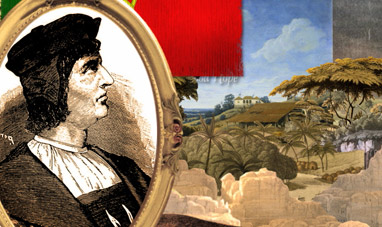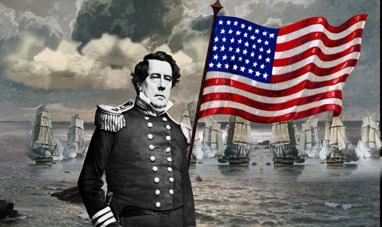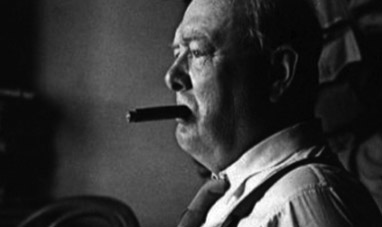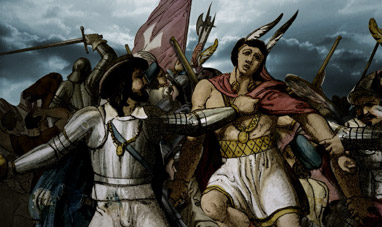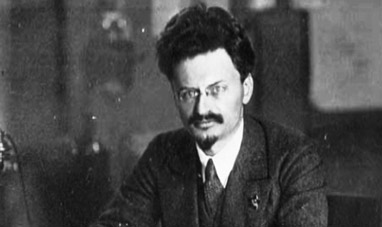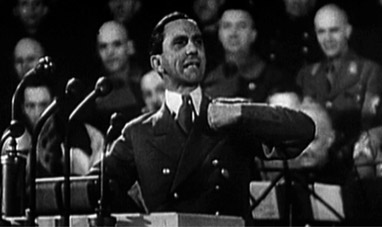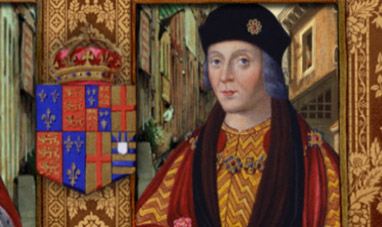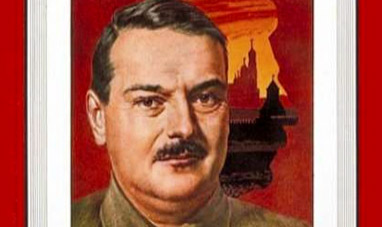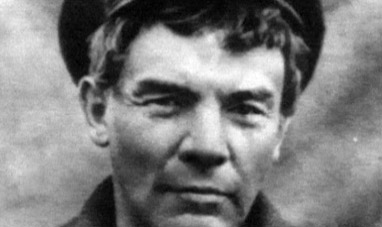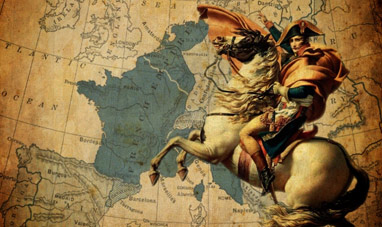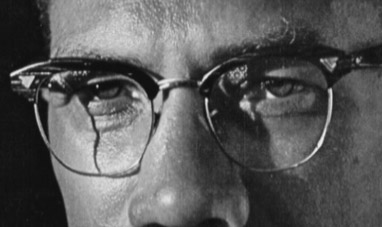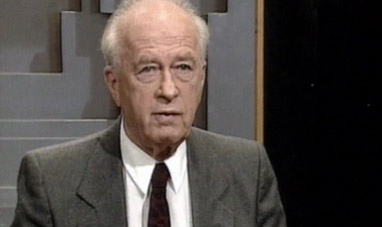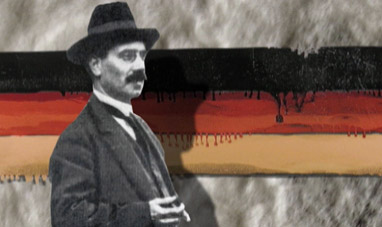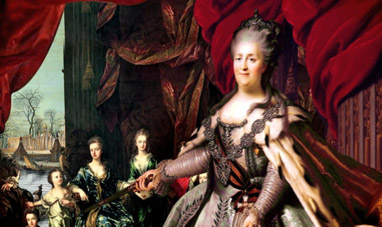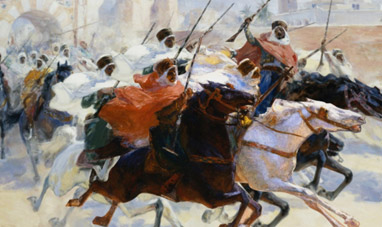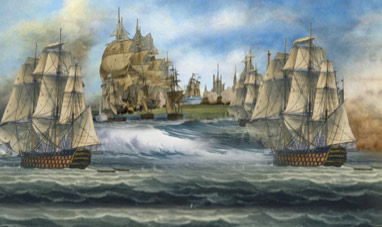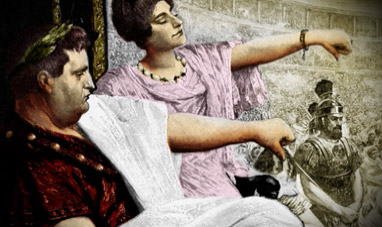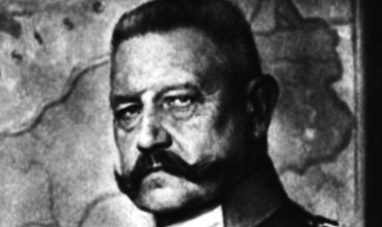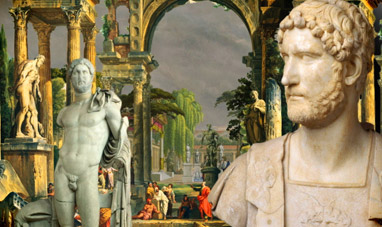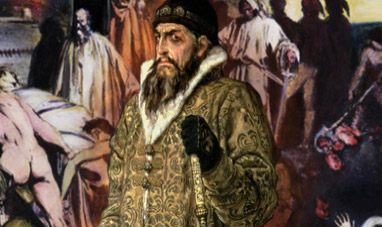Elisabeth von Wittelsbach, better known as Princess Sissi, was Empress of Austria for over 40 years. Sissi was born on December 24, 1837 in Munich, in Bavaria. Her father, Duke Maximilian, and her mother, Duchess Ludovika, belonged to two secondary branches of the Bavarian royal family. Her parents arranged for her older sister, Helene, to marry Franz Joseph of Habsburg, the Emperor of Austria. But in the summer of 1853, when it came time to seal the engagement, Franz Joseph fell in love with the lively and spontaneous Sissi. Franz Joseph’s mother, the Archduchess Sophie, disapproved of her son’s choice. She believed the exuberant Princess Sissi was unfit to be Empress. But the archduchess was unable to change her son’s mind. Franz Joseph of Habsburg and Princess Sissi were married in 1854. Sissi was 17. After the wedding, Sissi found life at court hard to bear. She was forced to comply with strict etiquette, and her relationship with the Archduchess Sophie was difficult.
The situation grew worse after the birth of her first two daughters, Sophie and Gisela. Sissi’s mother-in-law forbid her from raising the children. In 1857 Sissi travelled to Italy and Hungary, taking her two daughters with her against her mother-in-law’s will. During the trip, young Sophie became ill and died. Sissi fell into a depression. The following year even the birth of Rudolph, her third child and heir to the throne, failed to ease her spirits. Sissi decided to live a life of her own. She had many interests, including studying languages and reading works by the romantic poets. She took many trips, driven by her twin desires to flee the court and learn more about new cultures. She visited Greece, Italy, Great Britain and the territories ruled by the Habsburgs. The Habsburg empire included several states, [For Graphics: show the imperial territories: Austria, Hungary, Croatia, Czechoslovakia, a part of Poland and Northern Italy] that were subjected to harsh rule and often in conflict with the empire’s central authority.
Sissi’s views were considered extraordinarily liberal compared to most of the aristocracy. She persuaded her husband to concede greater freedom to the Provinces. One of the most rebellious countries under Austrian rule was Hungary. In 1867, Joseph signed a Treaty that put the Hungarian monarchy on equal footing with the Austrian monarchy. The Austrian Empire became the Austro-Hungarian Empire. The empress played a key role in this process, acting as a political mediator. Sissi continued to travel throughout Europe, spending increasingly long periods of time at her villa in Corfu. She wrote poetry books inspired by German Romanticism. In 1889, her life took another tragic turn when her son Rudolph committed suicide. On September 10, 1898, in Geneva, Sissi was stabbed by Luigi Lucheni, an Italian anarchist driven by an undefined hatred of all aristocracy. Princess Sissi, a symbol of 19th century romanticism and a major figure in European history, died of her wounds. She was 60.
The situation grew worse after the birth of her first two daughters, Sophie and Gisela. Sissi’s mother-in-law forbid her from raising the children. In 1857 Sissi travelled to Italy and Hungary, taking her two daughters with her against her mother-in-law’s will. During the trip, young Sophie became ill and died. Sissi fell into a depression. The following year even the birth of Rudolph, her third child and heir to the throne, failed to ease her spirits. Sissi decided to live a life of her own. She had many interests, including studying languages and reading works by the romantic poets. She took many trips, driven by her twin desires to flee the court and learn more about new cultures. She visited Greece, Italy, Great Britain and the territories ruled by the Habsburgs. The Habsburg empire included several states, [For Graphics: show the imperial territories: Austria, Hungary, Croatia, Czechoslovakia, a part of Poland and Northern Italy] that were subjected to harsh rule and often in conflict with the empire’s central authority.
Sissi’s views were considered extraordinarily liberal compared to most of the aristocracy. She persuaded her husband to concede greater freedom to the Provinces. One of the most rebellious countries under Austrian rule was Hungary. In 1867, Joseph signed a Treaty that put the Hungarian monarchy on equal footing with the Austrian monarchy. The Austrian Empire became the Austro-Hungarian Empire. The empress played a key role in this process, acting as a political mediator. Sissi continued to travel throughout Europe, spending increasingly long periods of time at her villa in Corfu. She wrote poetry books inspired by German Romanticism. In 1889, her life took another tragic turn when her son Rudolph committed suicide. On September 10, 1898, in Geneva, Sissi was stabbed by Luigi Lucheni, an Italian anarchist driven by an undefined hatred of all aristocracy. Princess Sissi, a symbol of 19th century romanticism and a major figure in European history, died of her wounds. She was 60.

